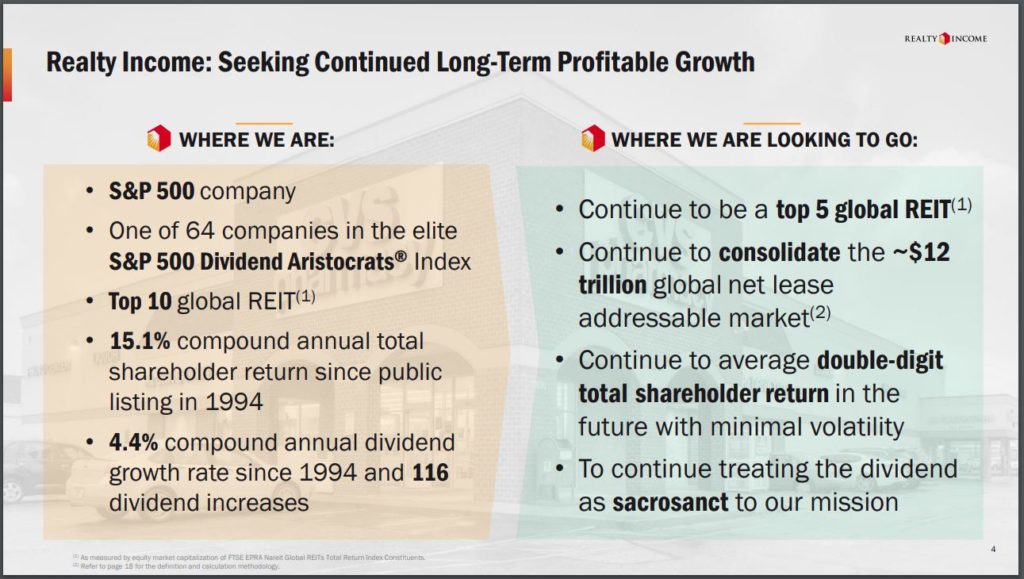Delve into the world of Ethical Share Investing: Profit with a Purpose as we explore the intersection of financial gain and positive impact. This introduction sets the stage for a thought-provoking journey filled with insights and opportunities for socially conscious investors.
In the following paragraphs, we will delve deeper into the key aspects of ethical share investing, from its definition to the criteria used for evaluation, offering a comprehensive view of this innovative investment approach.
Introduction to Ethical Share Investing
Ethical share investing involves making investment decisions based on ethical considerations, such as environmental sustainability, social responsibility, and corporate governance practices. Investors choose companies that align with their values and principles, aiming to generate financial returns while making a positive impact on society and the environment.
Concept of 'Profit with a Purpose'
Profit with a purpose in ethical share investing refers to the idea that companies can achieve financial success while also contributing to the greater good. This approach emphasizes the importance of balancing profit-making goals with social and environmental responsibility, ensuring that businesses operate ethically and sustainably.
Examples of Companies Practicing Ethical Share Investing
- Patagonia: Known for its commitment to environmental sustainability, Patagonia uses sustainable materials and ethical manufacturing practices in its products.
- Ben & Jerry's: The ice cream company is recognized for its social activism and support for various social causes, such as climate justice and racial equity.
- Microsoft: Microsoft has implemented initiatives to reduce its carbon footprint and promote diversity and inclusion within the company.
Benefits of Ethical Share Investing
Ethical share investing not only allows investors to make a positive impact on society and the environment but also offers various financial benefits. By aligning investments with personal values, individuals can create a more sustainable future while achieving their financial goals.
Financial Benefits of Ethical Share Investing
- Historically, ethical companies have shown resilience during economic downturns, providing more stable returns for investors.
- Investing in companies with strong ethical practices can lead to long-term growth and profitability, as they are often better positioned to adapt to changing market conditions.
- Increasingly, consumers are favoring ethically responsible companies, leading to potential revenue growth and higher stock prices for these companies.
Contribution to a Sustainable Future
- By investing in companies that prioritize environmental sustainability and social responsibility, investors can support initiatives that address pressing global challenges such as climate change, human rights violations, and resource depletion.
- Ethical share investing can help drive positive change within industries, encouraging companies to adopt more sustainable practices and reduce their negative impact on the planet.
Alignment with Personal Values
- Investing in companies that reflect one's personal values allows individuals to feel a sense of purpose and fulfillment, knowing that their money is supporting causes they believe in.
- Ethical share investing provides an opportunity for investors to advocate for positive change in areas that matter to them, such as gender equality, diversity, or animal welfare.
Criteria for Ethical Share Investing
When considering ethical share investing, it is essential to evaluate companies based on certain criteria to ensure they align with ethical values and principles. One common approach is to assess companies through the lens of environmental, social, and governance (ESG) factors.
Importance of ESG Factors
ESG factors play a crucial role in ethical share investing as they provide a comprehensive view of a company's ethical performance beyond just financial metrics. By considering ESG criteria, investors can identify companies that prioritize sustainability, social responsibility, and transparent governance practices.
- Environmental Impact: This metric assesses a company's efforts to minimize its environmental footprint, such as reducing carbon emissions, water usage, and waste generation.
- Social Responsibility: Evaluating how a company treats its employees, engages with local communities, and contributes to societal well-being is essential in ethical investing.
- Governance Practices: Good governance practices, including board diversity, executive compensation transparency, and anti-corruption measures, are key indicators of ethical behavior within a company.
Risks and Challenges in Ethical Share Investing

When engaging in ethical share investing, investors may encounter various risks and challenges that can impact their financial goals and ethical considerations.
Potential Risks of Ethical Share Investing
- Greenwashing: Companies may engage in misleading practices to appear more ethical than they actually are, leading investors to unknowingly support unethical behavior.
- Limiting Investment Options: Ethical criteria may restrict the pool of available investment opportunities, potentially leading to lower diversification and increased volatility.
- Performance Risk: Ethical investments may underperform compared to traditional investments, impacting returns and financial goals.
- Reputational Risk: Investing in companies that later face ethical controversies can damage an investor's reputation and credibility.
Challenges in Ethical Share Investing
- Subjectivity: Determining what constitutes ethical behavior can be subjective and vary among investors, making it challenging to align investment decisions with personal values.
- Information Gap: It can be difficult to obtain accurate and up-to-date information on a company's ethical practices, making it challenging to make fully informed investment decisions.
- Trade-offs: Balancing financial returns with ethical considerations may require investors to make trade-offs that can impact investment performance.
Strategies to Mitigate Risks in Ethical Share Investing
- Thorough Research: Conduct in-depth research on companies' ethical practices and performance to ensure alignment with ethical values.
- Diversification: Diversify your ethical investment portfolio to reduce concentration risk and mitigate potential underperformance of individual investments.
- Engagement: Engage with companies on their ethical practices and advocate for positive change to drive better long-term outcomes.
- Regular Monitoring: Monitor your ethical investments regularly to stay informed about any changes in companies' ethical performance and address any emerging risks proactively.
Trends and Innovations in Ethical Share Investing
As ethical share investing continues to gain momentum, several trends and innovations are shaping the landscape of socially responsible investing. These developments not only reflect the growing interest in sustainable and ethical practices but also present new opportunities for investors to align their values with their financial goals.
Impact Investing
- Impact investing has emerged as a significant trend in ethical share investing, focusing on generating positive social and environmental impact alongside financial returns.
- Investors are increasingly looking for opportunities to invest in companies and projects that address pressing global issues, such as climate change, poverty alleviation, and healthcare access.
- Impact investing allows investors to support businesses that are committed to creating value beyond just financial profit, contributing to a more sustainable and equitable future.
Technology and ESG Integration
- Advancements in technology have enabled better integration of environmental, social, and governance (ESG) factors into investment decision-making processes.
- Data analytics and artificial intelligence tools are being used to analyze companies' ESG performance, helping investors assess their sustainability practices more effectively.
- Technology-driven solutions are providing investors with greater transparency and insights into the impact of their investments, empowering them to make more informed decisions aligned with their ethical values.
Green Bonds and Sustainable Finance
- Green bonds have gained popularity as a financing instrument for projects with environmental benefits, attracting ethical share investors looking to support sustainable initiatives.
- Companies and governments are increasingly issuing green bonds to fund renewable energy projects, green infrastructure development, and other sustainable initiatives.
- Sustainable finance practices, such as green bonds, offer ethical share investors a way to channel capital towards environmentally friendly projects while earning a financial return.
End of Discussion
As we conclude our discussion on Ethical Share Investing: Profit with a Purpose, we reflect on the significance of aligning financial goals with ethical values. This summary encapsulates the essence of responsible investing and the potential it holds for a sustainable and ethical future.
FAQ
What is ethical share investing?
Ethical share investing involves selecting companies that align with certain ethical values and principles, ensuring your investments support causes you believe in.
How can ethical share investing benefit me financially?
By investing in ethically sound companies, you not only contribute to positive change but also stand to gain financially as these companies tend to perform well in the long run.
What are some common criteria used to evaluate ethicality in companies for investing?
Common criteria include environmental impact, social responsibility, corporate governance practices, and adherence to ethical standards.
What are the risks associated with ethical share investing?
Risks may include lower returns in the short term, limited diversification opportunities, and the challenge of finding suitable investment options that align with your ethical values.
What are some emerging opportunities for ethical share investors?
Emerging opportunities include investing in companies focused on renewable energy, sustainable practices, and social impact initiatives that are gaining traction in the market.




